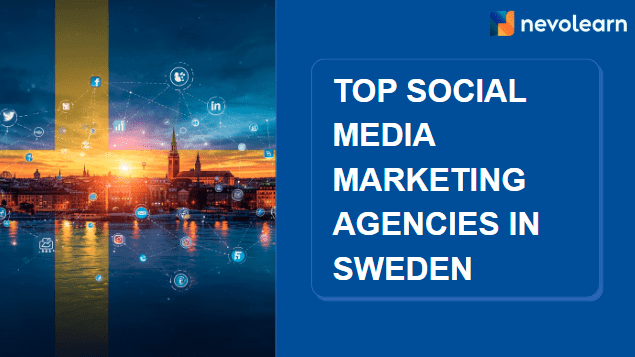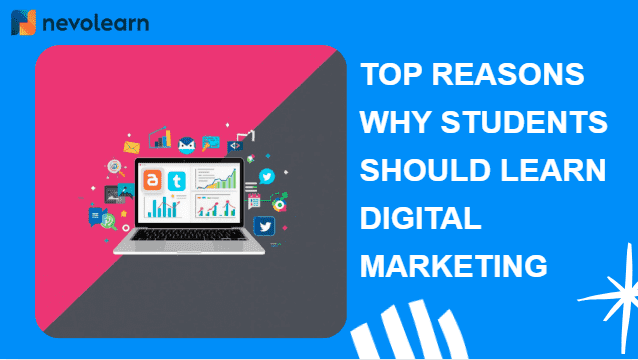
Up To 30% Off On All Courses*


 Salesforce Marketing Cloud vs Other Marketing Tools | Complete Comparison
Salesforce Marketing Cloud vs Other Marketing Tools | Complete ComparisonIn the fast-paced world of digital marketing, businesses are spoiled for choice when it comes to marketing automation platforms. From email campaigns and customer journeys to analytics and personalization, marketers now rely heavily on technology to manage complex customer relationships. But with so many platforms available—HubSpot, Mailchimp, Marketo, Oracle Eloqua, and Salesforce Marketing Cloud, to name a few—the challenge isn’t about finding a tool, it’s about choosing the right tool that aligns with your business goals.
Among these platforms, Salesforce Marketing Cloud (SFMC) has emerged as a powerful solution, especially for organizations that prioritize customer-centric marketing. Known for its robust features, deep personalization capabilities, and seamless integration with the Salesforce CRM ecosystem, SFMC often finds itself pitched against other popular marketing tools in the market. While smaller businesses may prefer lightweight tools like Mailchimp for their affordability and simplicity, enterprises and growth-driven organizations often consider whether the power of SFMC justifies the investment.
This blog takes a deep dive into Salesforce Marketing Cloud vs other marketing tools, comparing their strengths, limitations, and suitability for different business contexts. By the end, you’ll have a clear perspective on which one truly wins for your organization’s marketing strategy.
Key Features of Salesforce Marketing Cloud
Salesforce Marketing Cloud stands out in the crowded marketing automation landscape because of its wide-ranging capabilities. At its core, it offers comprehensive customer journey management through Journey Builder, allowing businesses to craft personalized, cross-channel campaigns that guide customers from awareness to loyalty. Its advanced personalization tools, powered by Salesforce Einstein AI, go far beyond standard segmentation by providing predictive recommendations and tailored messaging for each customer. Another strength is its cross-channel marketing capability, which empowers marketers to manage email, SMS, push notifications, and social media campaigns within a single platform. Equally important is its seamless data integration, as it connects effortlessly with Salesforce CRM and third-party applications, giving organizations a complete 360-degree view of their customers. Finally, its analytics and reporting tools deliver deep insights with customizable dashboards, enabling marketers to measure performance, refine strategies, and maximize ROI with precision.
Comparing Salesforce Marketing Cloud with Other Marketing Tools
When it comes to ease of use, Salesforce Marketing Cloud is undoubtedly powerful but requires training or expertise to unlock its full potential. In contrast, tools like HubSpot and Mailchimp are far more beginner-friendly, offering drag-and-drop functionality and quick setup that suit startups or small businesses. Personalization is another area where SFMC shines, thanks to AI-driven segmentation and predictive analytics, while other platforms like HubSpot or Marketo provide decent targeting but lack the same level of AI sophistication—Mailchimp being more limited in this respect. Scalability is a critical factor as well; SFMC is designed to handle vast datasets and complex multi-channel campaigns, making it the preferred choice for enterprises, whereas Mailchimp or HubSpot may struggle with advanced workflows as businesses grow.
Integration is another decisive differentiator. SFMC works seamlessly with Salesforce CRM, offering businesses a unified view of customer interactions, while competitors often rely on third-party connectors, which can be less smooth. Pricing, however, is where SFMC’s premium positioning becomes clear—it is an investment for companies seeking enterprise-level capabilities, while more affordable solutions like Mailchimp cater to budget-conscious small businesses, and HubSpot offers mid-range packages that appeal to SMBs. Finally, in terms of analytics and reporting, SFMC provides highly detailed AI-powered insights and customizable dashboards that help organizations make data-driven decisions, whereas other tools generally provide standard reporting features that may not match Salesforce’s predictive or cross-channel intelligence.
Who Should Choose Salesforce Marketing Cloud?
Salesforce Marketing Cloud is best suited for large enterprises or growth-driven organizations that need advanced personalization, robust CRM integration, and the ability to manage multi-channel campaigns at scale. It’s an excellent fit for companies that want to future-proof their marketing with data-driven strategies and customer journey mapping.
Who Should Choose Other Marketing Tools?
Other marketing tools work well for startups and small to medium-sized businesses with limited budgets, simpler campaigns, and teams that need a user-friendly platform. These tools are ideal for straightforward tasks such as newsletters, lead nurturing, and basic automation without the complexity of SFMC.
Conclusion
The debate of Salesforce Marketing Cloud vs other marketing tools ultimately comes down to business size, goals, and resources. Salesforce Marketing Cloud is a powerhouse, designed for organizations that want to deliver deeply personalized, data-driven campaigns at scale. Its ability to integrate seamlessly with Salesforce CRM, coupled with its advanced AI features, makes it the tool of choice for enterprises seeking to nurture strong customer relationships and maximize ROI.
On the other hand, not every business needs the complexity or cost associated with SFMC. Smaller companies may find equal success with tools like HubSpot or Mailchimp, which offer user-friendly interfaces, affordable pricing, and sufficient capabilities for simpler campaigns. Marketo and Oracle Eloqua sit somewhere in between, appealing to mid-sized enterprises with evolving needs.
In essence, there is no universal winner. Salesforce Marketing Cloud clearly leads when advanced personalization, enterprise scalability, and CRM-driven strategies are priorities. However, other marketing tools may win in contexts where simplicity, affordability, and quick implementation matter more.
The key lies in aligning the platform with your business vision, marketing maturity, and growth ambitions. Choose wisely, and your marketing tool—whether Salesforce Marketing Cloud or an alternative—will be the silent engine powering your customer success story.
Join Nevolearn’s Salesforce Marketing Cloud training and master customer journeys
Want to Level Up Your Skills?
EXPLORE BY CATEGORY
End Of List
No Blogs available Agile









